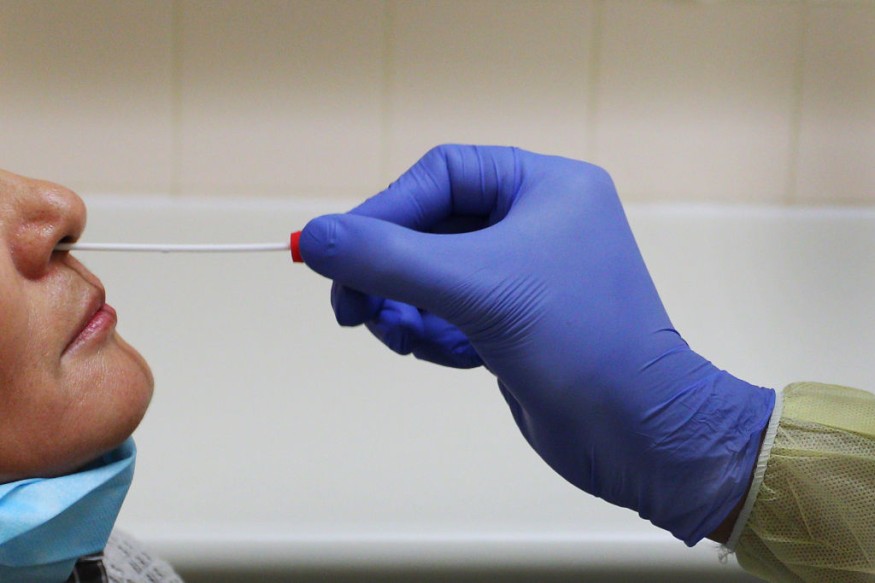There has been an increasing number of patients who have been suffering from a weird condition after a brush with COVID-19: parosmia - a lingering, foul-smelling scent almost everywhere.
One of the most distinct symptoms of COVID-19 is the loss of smell and taste. However, after the infection, some patients experience an obscure condition that distorts their sense of smell. The condition leaves them with an unpleasant smell.

Smells Like Burning Rubber or Sewage
A feature article from the Smithsonian Magazine tells the story of Carol Pitz, a career consultant based in Chanhassen, Minnesota in the United States. Pitz woke up one morning, back in March, to find that she had lost her senses of smell and taste and later experienced mild cough and fatigue. Later, Pitz and her family tested positive for the highly contagious disease.
RELATED: Loss of Smell and Taste: Peculiar Signs of COVID-19
After a few months, Pitz, together with her husband, went out for a meal. Carol Pitz had to stop eating after a few bites, overwhelmed by "a foul, and hard-to-describe scent" that she described as "a unique smell." She also explained that she can't quite place the smell, being a mix of burnt toast and "something just icky enough" to make her feel sick.
In another case, reported in The Sunday Times, followed Nicola Watt from Leigh-on-Sea, Essex in the United Kingdom. Watt described a "woody, kind of burnt, slightly perfumed smell" the entire time following other symptoms of COVID-19. However, after four and a half months, she started smelling a foul odor. "Quite suddenly everything smelt and tasted like a horrid rubbish bin," Watt shared.
Zara M. Patel, endoscopic skull base surgery director from the Stanford School of Medicine, explains that the condition is not at all unusual - distortion of the olfactory sense commonly follows or accompanies the loss of smell. Patel tells the Smithsonian that there are a number of viruses that can cause this condition aside from coronaviruses, like rhinoviruses and influenza viruses.
Studying to Understand Effects of COVID-19 on Smell
An international team of researchers conducted a study in May, published in the journal Annals of Internal Medicine, observing the smell and taste of European patients who were diagnosed with mild to moderate COVID-19. Identifying 2153 patients positive for coronavirus from 18 European hospitals, researchers discovered that around 86 percent of the patients experienced the loss of smell to some degree.
SARS-CoV-2, the virus behind COVID-19, enters the human body by binding to a protein called the angiotensin-converting enzyme II (ACE-2). This protein, found in the surface of human cells in the heart, lungs, throat, gut, and most commonly, in the nose. The ACE-2 is designed to take the hormone angiotensin and synthesize it into angiotensin II, used in the maintenance of several bodily functions like blood pressure. Unfortunately, its physical characteristics also make it ideal for binding with the spiky exterior of the coronavirus.
RELATED: COVID-19: Cells Causing Loss of Smell Have Now Been Identified
A more recent study, published in September, compiled a publicly available dataset from 602 million individual tweets about COVID-19 symptoms. The international effort, designed to provide accessible data for further scientific research, was led by members from the Georgia State University.
Check out more news and information on COVID-19 in Science Times.
© 2026 ScienceTimes.com All rights reserved. Do not reproduce without permission. The window to the world of Science Times.











